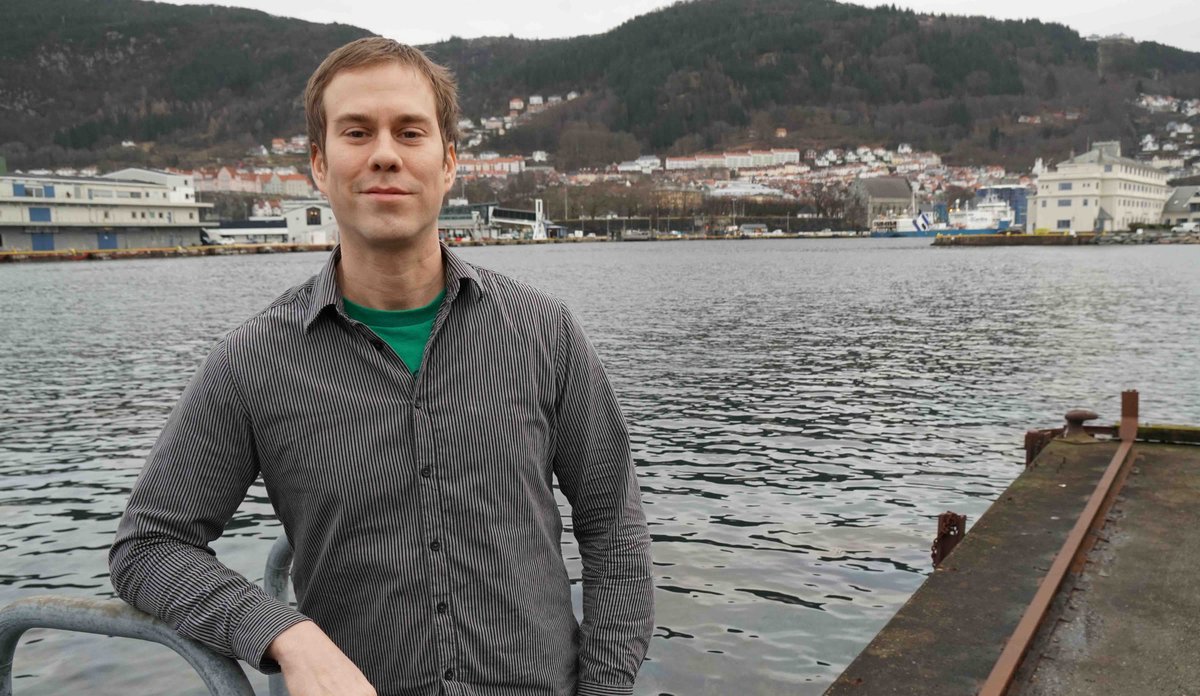Fish stocks recovering due to better management

– Our results show that sustainable harvesting of wild fish stocks is possible, but only when fishery policies are adequate, science-based and adhere to the precautionary principle. (Image: Kjartan Mæstad / Institute of Marine Research)
Published: 25.02.2019
“If you look at all the fish stocks, the average lowest level was around the year 2000. Since then, most stocks have clearly recovered again,” says IMR researcher Fabian Zimmermann. He has carried out the study with Karl Michael Werner from the Thünen Institute of Sea Fisheries in Bremerhaven (Germany).
85 stocks
The two marine researchers have studied the development of 85 fish stocks in the period 1960-2015.
“This includes all the stocks that the International Council for the Exploration of the Sea (ICES) recommends quotas for. Our study covers an area from the Iberian Coast in the south via the Norwegian Sea to the Barents Sea in the north. This includes several species of important economic significance, such as herring, cod and mackerel,” says Zimmermann.
All EU countries bordering the Northeast Atlantic have introduced stricter fishing regulations in the years after 2000, while Norway and Russia introduced more stringent management even earlier. EU, Norway, Russia, Iceland, Greenland and the Faroe Islands are the coastal states around the Northeast Atlantic, and therefore they have the beneficial right to manage the fish resources. Most of the species are not regulated by one country alone, but by international commissions with representatives of the coastal states. The Joint Norwegian-Russian Fisheries Commission is one of them, the EU Fisheries Commission another. The quotas are in these cases negotiated among all the states that are involved in the different fisheries, often including the EU, Norway, Russia, Iceland, Greenland and the Faroe Islands.
Same level as in the 1970s
The study shows that most of the fish stocks were at their lowest levels around 2000. The exception are several stocks in the north that had recovered earlier due to improvements in both Norwegian and Russian fisheries management. Many other European fish stocks have now also recovered to levels as before overfishing caused their decline in the period between the 1970s and 1990s and are now considered to be sustainable. Zimmermann and Werner have found a clear connection between the increase in stock biomasses and stricter regulations. These increases follow changes in the fisheries policy among the countries with coastlines on the Northeast Atlantic. Among other factors, the two scientists conclude that improvements in the EU’s Common Fisheries Policy that were introduced in the early 2000s, are very important and had large impact on most European fisheries.
“However, we have also seen that population growth depends on recruitment. Stocks that have not had one or more strong year classes have not increased, even if the catch has reduced. This means that even under a good management, natural fluctuations play an important role and can cause uncertainty. Our results show that sustainable harvesting of wild fish stocks is possible, but only when fishery policies are adequate, science-based and adhere to the precautionary principle. This is even more important when facing changes in the productivity of marine ecosystems, especially as a result of climate change and shifts in species distribution,” concludes Zimmermann.